Israel’s war against Hamas has reached a crossroads. If the goal is to destroy Hamas, the role of Qatar can no longer be ignored. Qatar is Iran’s chief Sunni ally. Fabulously wealthy, it is the world’s top exporter of liquified natural gas and is vying with the US to replace Russia’s exports to Europe.
Already a subscriber? Log in
Subscribe for just $2 a week
Try a month of The Spectator Australia absolutely free and without commitment. Not only that but – if you choose to continue – you’ll pay just $2 a week for your first year.
- Unlimited access to spectator.com.au and app
- The weekly edition on the Spectator Australia app
- Spectator podcasts and newsletters
- Full access to spectator.co.uk
Or
Unlock this article
You might disagree with half of it, but you’ll enjoy reading all of it. Try your first month for free, then just $2 a week for the remainder of your first year.

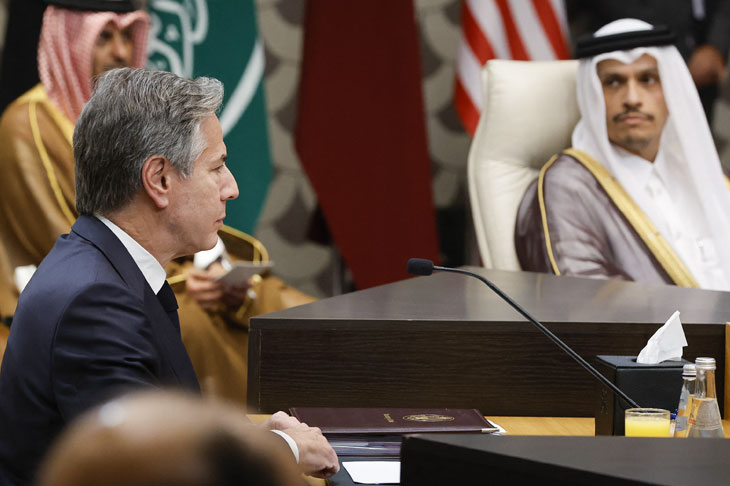

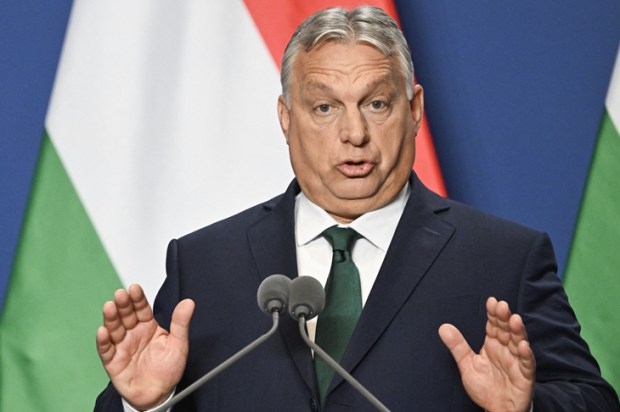
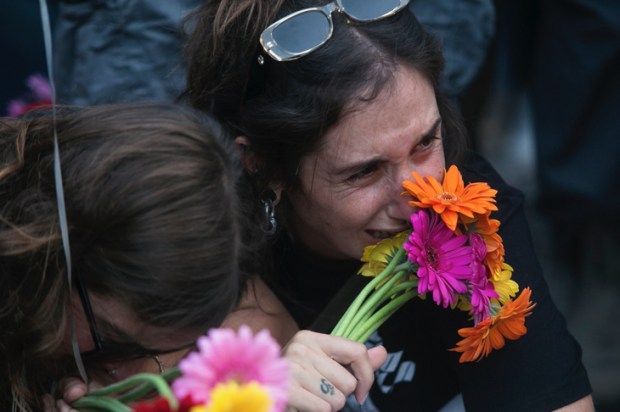

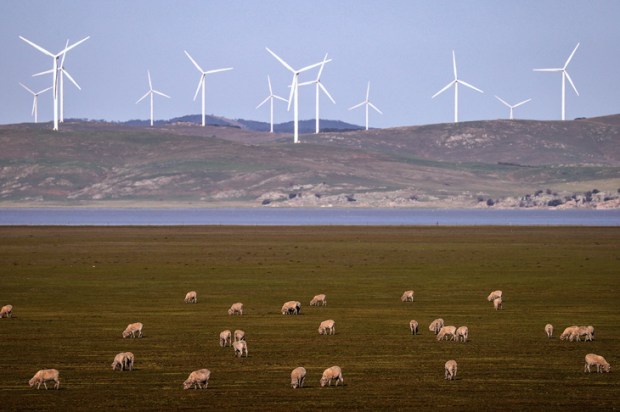
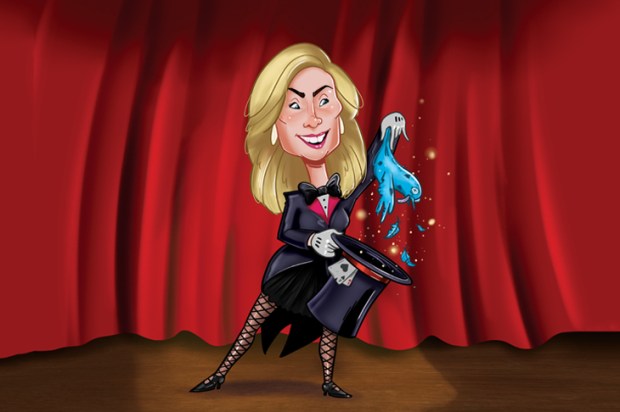






Comments
Don't miss out
Join the conversation with other Spectator Australia readers. Subscribe to leave a comment.
SUBSCRIBEAlready a subscriber? Log in